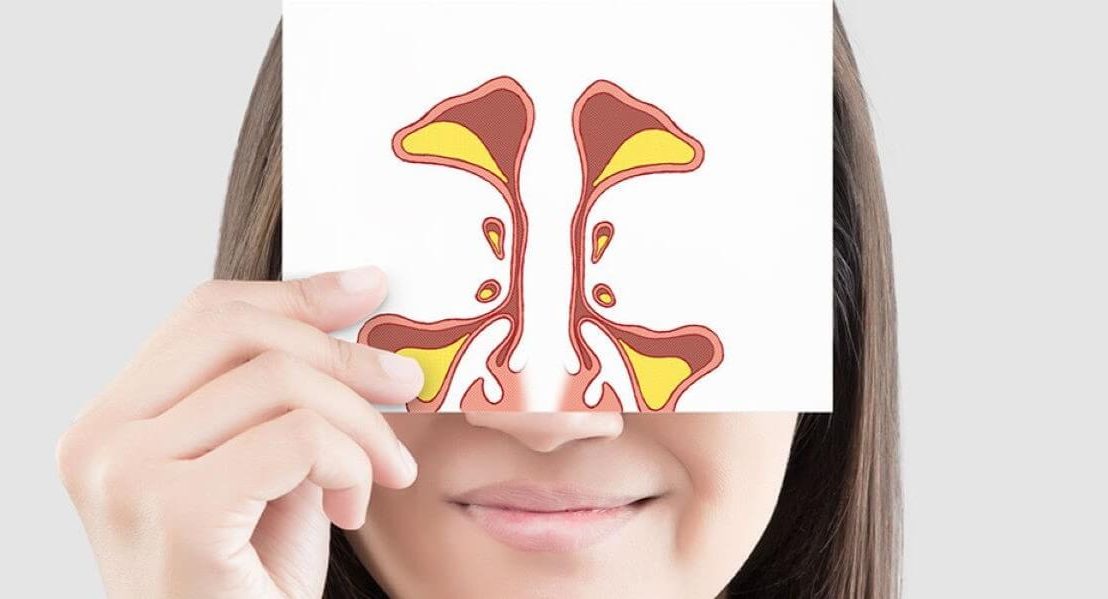An allergy, asthma, and immunology specialist (also known as an allergist/immunologist) is a medical doctor who specializes in the diagnosis and treatment of disorders related to allergies, asthma and immunologic disorders and can help patients of all ages. The field of allergy and immunology is a specialty concerned with the complex nature of the immune system and its role in health and disease. These specialists have expertise in treating people with allergies, managing allergic reactions, helping asthma sufferers, treating chronic cough, and immune deficiencies.
At Pikes Peak ENT, Allergy and Asthma, our providers serve the Colorado Springs and Woodland Park regions and treat both children and adults, helping with a diverse array of conditions to enhance you and your family’s well-being, improve breathing, and enrich your quality of life.
What Does an Allergist do?
After obtaining a thorough history and physical exam, an allergy/immunologist may use a variety of additional methods such as skin tests, blood tests, pulmonary function tests, and food/medication challenge tests to diagnose and treat your medical issues. They may use both medical and lifestyle intervention options to help improve your symptoms.
Additionally, this specialty often collaborates with pulmonologists, dermatologists, ENT/Otolaryngologists, and primary care providers to provide comprehensive care for their patients.
If you have concerns about allergies, asthma, or immune system health, an allergy or asthma physician can offer insights into your condition, develop a customized treatment plan, and provide the necessary care to improve your symptoms and overall health.
Reasons You Should See an Allergy Specialist
There are many conditions an allergist treats reasons why your primary care doctor might refer you to an allergist/immunologist for evaluation. Some of the common reasons to see a physician in this field include:
- Chronic Allergies: This includes allergic rhinitis (hay fever), pollen allergies, pet allergies, and also allergies to smells, perfumes or smoke. Symptoms can include sneezing, itching, runny nose and nasal congestion, which are common allergy symptoms that may need evaluation.
- Nasal Congestion and stuffy note: This might be due to allergies, but may be due to irritant rhinitis or even chronic sinusitis or nasal polyps
- Asthma: Asthma is a chronic condition where your the airways of asthma sufferers become inflamed and narrow, making it difficult to breathe, often requiring additional expertise to help find asthma triggers (including allergic asthma triggers), fix asthma symptoms and reduce asthma attacks (including severe asthma).
- Hives (Urticaria): Red, itchy welts that appear on the skin. They can be chronic or acute and are often caused by an activation of the allergy system.
- Chronic Sinusitis: Persistent inflammation of the sinuses often linked to allergies, for which allergy testing can be beneficial.
- Food Allergies: Reactions to certain foods like nuts, shellfish, and dairy that can cause symptoms ranging from mild to severe.
- Contact dermatitis: Identifying and removing triggers of allergic disorders of the skin, including latex or chemical triggers.
- Recurrent Infections: Frequent infections can be a sign of an underlying immunodeficiency or primary immunodeficiency, and an immunologist can conduct tests to see if your immune system is functioning properly and make a proper diagnosis.
- Anaphylaxis: A severe, potentially life-threatening allergic reaction that requires immediate treatment; see an allergist for ongoing management.
- Eczema: A chronic skin condition affecting pediatric and adult patient that may be related to allergy antibody.
- Angioedema: Swelling beneath the skin that is often triggered by medications or other allergic conditions
- Drug Allergies: Adverse reactions to medications that can range from mild to severe.
- Insect Sting Allergies: Severe allergic reactions to stings from insects such as bees and wasps. In some areas, even ants can cause an allergic reaction.
- Occupational Allergies: Allergic reactions and triggers related to exposures in the workplace.
- Allergic Asthma: Asthma may be worsened by allergy triggers and by taking a holistic approach, an allergy provider can help asthma that is triggered or worsened by allergies.
- Immunotherapy (allergy shots): An allergy treatment designed to retrain your immune system to tolerate allergies to tolerate seasonal, pet and pollen allergies.
Take Control of Your Allergy, Asthma or Immunology Concerns with Personalized Care
Book an allergy appointment today and let our expert allergy team treat help you feel better and live more comfortably.
Allergist/Immunologist Education and Training
To become a board-certified allergist/immunologist, individuals must first complete medical school followed by a full residency and training in either internal medicine or pediatrics specialty. After completing this training, they undergo ADDITIONAL years of subspecialty training in allergy, asthma and immunology and become a board-certified allergist.
Some allergists specialize in adult medicine. Some specialize in pediatric allergy. And some specialize in BOTH adult and pediatric allergy.
To ensure they are well-equipped to diagnose and treat these conditions, many allergists/immunologists become board-certified by the American board of internal medicine or American board of pediatrics and also board certified by the American Board of Allergy and Immunology. They are often active in American Academy of Allergy, Asthma & Immunology.

Does your primary care need to refer you to an allergist/immunologist?
A referral from your primary care physician is sometimes needed to see a specialist. This is largely dependent on your insurance and your policy’s requirements for seeking specialty care. It is best to contact your insurance carrier and ask if allergy and immunology is a medical specialty that requires an authorization before you see this type of medical provider.
Why Choose Pikes Peak ENT, Allergy and Asthma?
At Pikes Peak ENT, Allergy and Asthma in Colorado Springs, our doctors, including experienced allergists, are here to help you feel better. We care about you and want to make sure you get the best treatments.
We know these issues can be scary, but our team is experienced and uses the latest medical tools to take care of you. Our doctors will make a special plan just for you, including options like immunotherapy, so you get the care you need to feel healthy and happy again. At our clinic, we promise to treat you with kindness and do our best to help you breathe easier and enjoy life more.
Make an Appointment
If you feel you need to be evaluated by an allergy, asthma and immunology care provider, schedule an appointment with our clinic. We strive to provide a personalized treatment plan to help you feel healthy and improve your quality of life.
Take Control of Your Allergy, Asthma or Immunology Concerns with Personalized Care
Book an allergy appointment today and let our expert allergy team treat help you feel better and live more comfortably.


